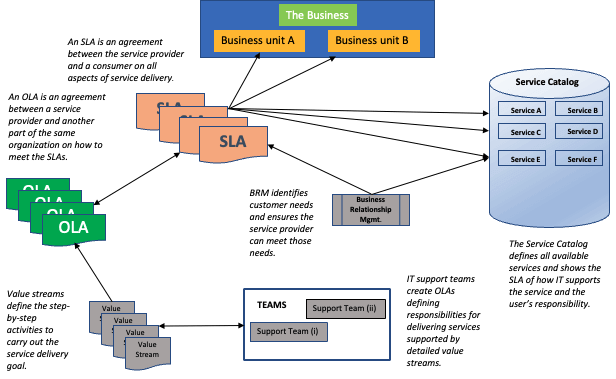Within business, regulatory compliance is not just a legal commitment but a foundation for success and sustainability. With the increasing intricacies of legal frameworks and international requirements, numerous businesses are turning to outsourced compliance as a strategic solution. This method not just ensures adherence to regulations however likewise brings multiple benefits to an organisation.
What are the benefits of contracting out compliance?
Expertise as needed: Outsourcing compliance allows companies to tap into a pool of professionals with deep understanding of regulatory requirements. This competence is essential in navigating the ever-changing landscape of guidelines and regulations, which can be particularly challenging for organizations broadening internationally. For companies aiming to globalise, Carpenter Box's International Services offer tailored solutions that help in abiding by global requirements.
Cost-effective management: By contracting out, companies can reduce the costs connected with keeping an internal compliance group. This consists of cost savings on training, wages, and the technology needed to keep track of compliance. It's a useful service for businesses to handle their financial resources more efficiently while guaranteeing compliance.
Risk mitigation: Compliance experts are proficient at identifying and addressing possible threats. Their proactive technique to compliance management assists avoid pricey legal fights and charges, therefore protecting the company's reputation and financial health.
How can contracting out be used as a company strategy to benefit the organisation?
Outsourcing compliance obligations allows organizations to focus on their core activities. By handing over regulatory jobs, business can focus on development and development, driving their service forward without the burden of compliance complexities.

As organizations grow, their compliance requires evolve. Outsourced compliance services are scalable, providing versatility to adjust to brand-new policies or modifications in business size. This adaptability is crucial for businesses wanting to broaden or change their market techniques.

What are the benefits of compliance with guidelines?
Adhering to guidelines shields businesses from legal consequences and significant fines. Compliance ensures that services operate within the law, therefore preventing expensive legal problems that can occur from non-compliance.
Additionally, customers and stakeholders are most likely to engage with a company that is understood for its ethical practices and adherence to regulations. This trust is important in building a devoted client base and a strong market reputation. By satisfying regulatory standards, business demonstrate their dedication to fair and ethical practices, setting them apart in the market.
What is the purpose of compliance with policies?
Ensuring reasonable company practices: Regulations are designed to produce a level playing field in the business world. Compliance ensures that services operate relatively, promoting healthy competition and consumer defense.
Protecting consumer rights: Regulatory compliance is important to securing customers. By adhering to regulations, services guarantee the security, personal privacy, and rights of their customers are maintained.

Maintaining market standards: Compliance assists in preserving specific standards within industries. This standardisation is essential for quality control, safety, and ethical practices.
Supporting ethical business operations: At its core, compliance has to do with running morally. It shows an organization's commitment to doing what is right, not simply what is lawfully needed.
For companies looking for to browse the intricacies of compliance, understanding these benefits and techniques is simply the beginning. Taking the next step involves finding the best partner to assist you through this journey. Feel free to reach out and call us at Carpenter Box for skilled guidance and tailored options in compliance and international business strategies.





 04 England Kalvin Phillips 2 Dec (2)
04 England Kalvin Phillips 2 Dec (2)